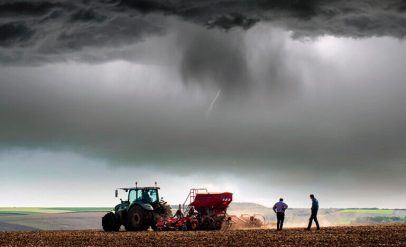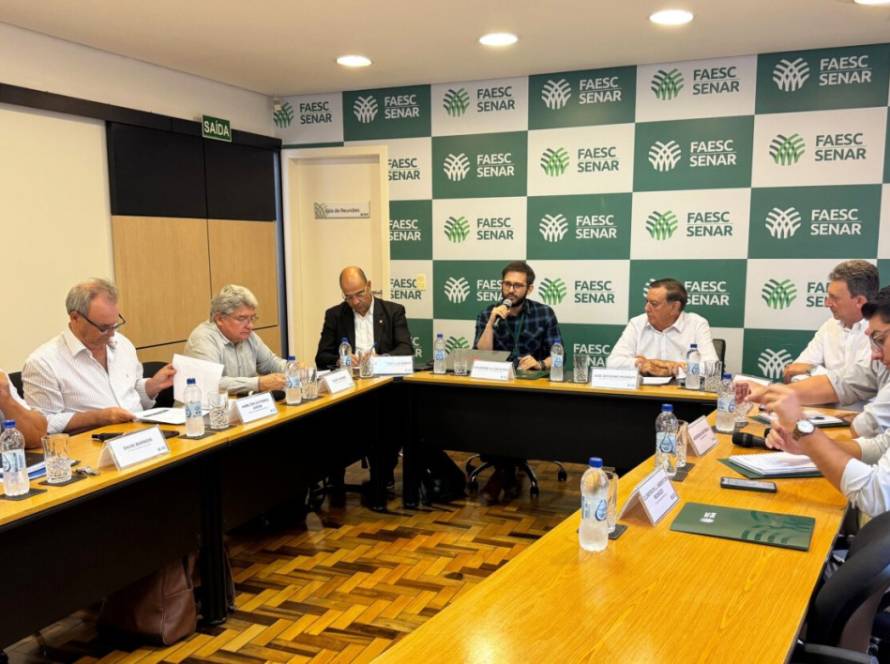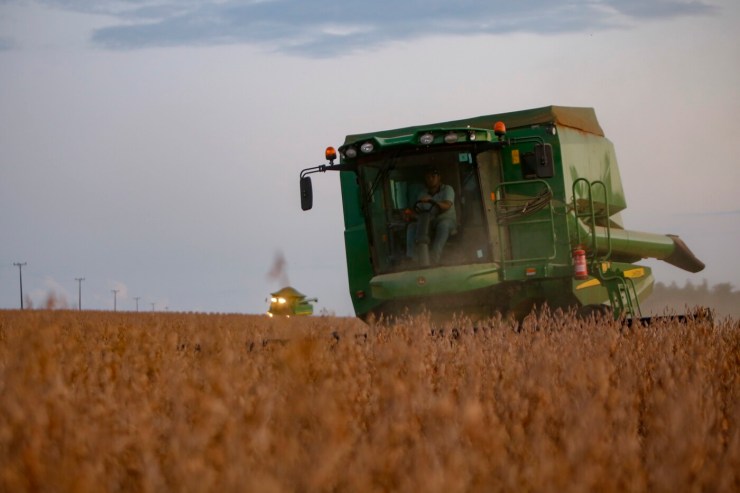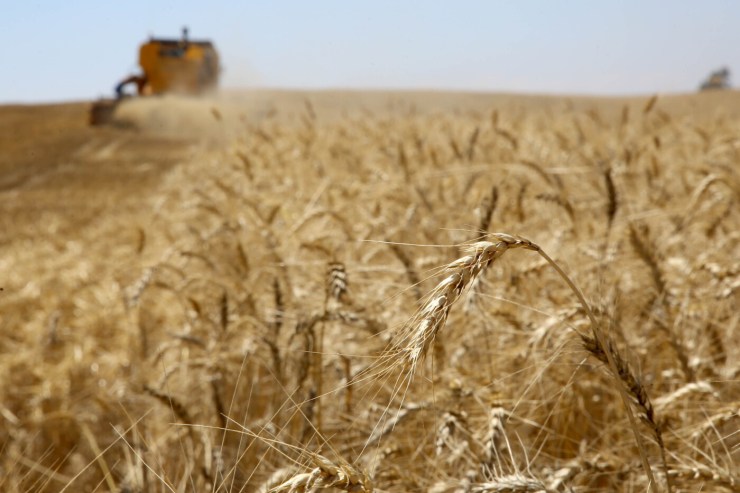Governor Carlos Massa Ratinho Junior signed on Thursday (15) the decree that regulates the return of accumulated ICMS credits via the System for Controlling the Transfer and Use of Accumulated Credits (Siscred) for companies and agricultural cooperatives that acquire shares in the Investment Fund in Agroindustrial Production Chains (Paraná FIDC). The measure is one of the novelties of the state's pioneering program, which functions as a kind of state Harvest Plan.
As explained by the Secretary of Finance, Norberto Ortigara, Decree No. 9,951/2025 establishes the rules for the transfer of these credits approved by the department and which will be used to support the agro-industrial and agricultural production chain in Paraná. “In practice, this means injecting money into the veins to finance the installation of poultry farms and pigpens, to increase milk production and to build an agro-industrial processing industry,” explains the head of the department.
According to the rules, the transfer of accumulated credit may begin upon completion of the FIDC share acquisition operation – that is, the application of resources in the investment fund – and will be made in 24 installments.
With this, recipients will be able to use the amount to deduct up to 100% from their own outstanding balance in the assessment period. However, it will not be possible to use these credits to settle the ICMS obtained through tax substitution.
The FIDC Agro Paraná acts as a sort of 'umbrella', under which cooperatives established in the state and integrating companies can participate by creating other linked funds and offering facilitated financing conditions to cooperative members and integrated companies for the purchase of machinery, equipment, irrigation systems and logistics. "FIDCs are a new way of financing the necessary expansion of our agricultural production and our agro-industrial processing. And now the possibility of transferring ICMS credits comes to complement and expand this financing effort. It is a smart measure invented here in Paraná that is being copied throughout Brazil. It is a source of pride for all of us", concludes Ortigara.
Launched in April on the B3, Paraná FIDC offers an alternative to the financing conditions of the Safra Plan and other resources earmarked for rural and agro-industrial credit. The idea is to promote strategic investments to further boost agribusiness in Paraná. To this end, the state will invest R$1.5T 350 million to finance these initiatives and expects to generate R$1.5T 2 billion in business in the field.
The fund should also contribute to promoting economic growth, food security, environmental preservation and strengthening rural communities, and can be used for irrigation systems, production expansion, storage, equipment and other lines. The initiative is unprecedented in the country and, therefore, serves as a model for other states to replicate the proposal in other regions of Brazil.
The FIDC Agro Paraná acts as a sort of 'umbrella', under which cooperatives established in the state and integrating companies can participate by creating other linked funds and offering facilitated financing conditions to cooperative members and integrated companies for the purchase of machinery, equipment, irrigation systems and logistics. "FIDCs are a new way of financing the necessary expansion of our agricultural production and our agro-industrial processing. And now the possibility of transferring ICMS credits comes to complement and expand this financing effort. It is a smart measure invented here in Paraná that is being copied throughout Brazil. It is a source of pride for all of us", concludes Ortigara.
Launched in April on the B3, Paraná FIDC offers an alternative to the financing conditions of the Safra Plan and other resources earmarked for rural and agro-industrial credit. The idea is to promote strategic investments to further boost agribusiness in Paraná. To this end, the state will invest R$1.5T 350 million to finance these initiatives and expects to generate R$1.5T 2 billion in business in the field.
The fund should also contribute to promoting economic growth, food security, environmental preservation and strengthening rural communities, and can be used for irrigation systems, production expansion, storage, equipment and other lines. The initiative is unprecedented in the country and, therefore, serves as a model for other states to replicate the proposal in other regions of Brazil.





